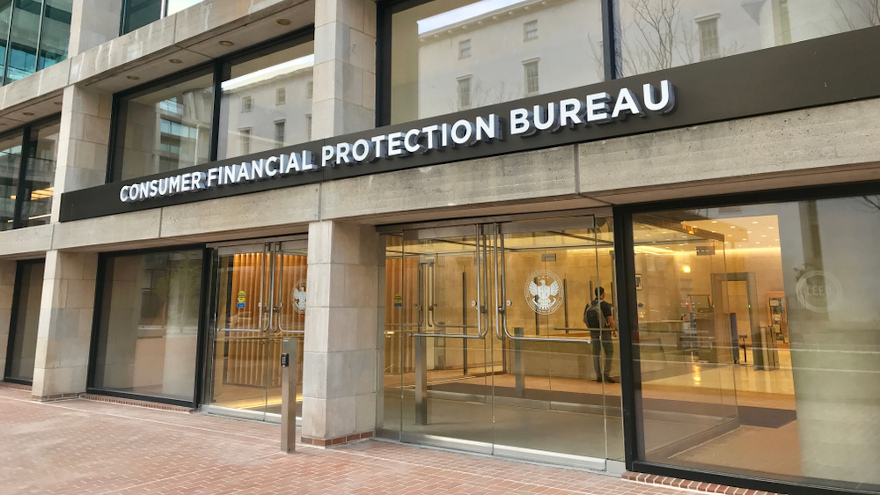CFPB rescinds abusiveness policy statement

By subscribing, you agree to receive communications from Auto Remarketing and our partners in accordance with our Privacy Policy. We may share your information with select partners and sponsors who may contact you about their products and services. You may unsubscribe at any time.
WASHINGTON, D.C. –
Experts projected that the Consumer Financial Protection Bureau (CFPB) would become more active with President Biden now in the White House.
Randy Henrick put it this way in a previous commentary: “It is reasonable to expect changes in the automobile world to be evolutionary, not revolutionary.”
The regulator reinforced that expectation last week when it rescinded a Jan. 24, 2020 policy statement titled, “Statement of Policy Regarding Prohibition on Abusive Acts or Practices.”
Going forward, the CFPB said it intends to exercise its supervisory and enforcement authority consistent with the full scope of its statutory authority under the Dodd-Frank Act as established by Congress.
“The CFPB has made these changes to better protect consumers and the marketplace from abusive acts or practices, and to enforce the law as Congress wrote it,” the bureau said in a news release.
The CFPB recapped that Congress defined abusive acts or practices in section 1031(d) of the Dodd-Frank Act. Paraphrasing Congress, that standard prohibits companies from:
Subscribe to Auto Remarketing to stay informed and stay ahead.
By subscribing, you agree to receive communications from Auto Remarketing and our partners in accordance with our Privacy Policy. We may share your information with select partners and sponsors who may contact you about their products and services. You may unsubscribe at any time.
— Materially interfering with someone’s ability to understand a product or service
— Taking unreasonable advantage of someone’s lack of understanding
— Taking unreasonable advantage of someone who cannot protect themself
— Taking unreasonable advantage of someone who reasonably relies on a company to act in their interests
Officials explained the 2020 policy statement was “inconsistent” with the bureau’s duty to enforce Congress’s standard and rescinding it will better serve the CFPB’s objective to protect consumers from abusive practices.
For example, officials noted that the 2020 policy statement stated that the CFPB would decline to seek civil money penalties and disgorgement for certain abusive acts or practices. The CFPB said it deters abusive practices and compensates certain harmed consumers using penalties, so the policy statement undermined deterrence and was contrary to the CFPB’s mission of protecting consumers.
“Going forward, the CFPB intends to consider good faith, company size and all other factors it typically considers as it uses its prosecutorial discretion,” officials said.
“But a policy of declining to enforce the full scope of Congress’s definition of an abusive practice harms both the consumers who were taken advantage of and the honest companies that have to compete against those that violate the law,” they went on to say.
The rescission of the policy statement can be found here.


